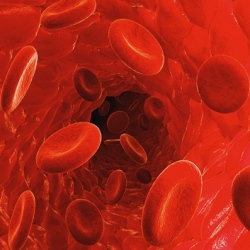
Alzheimer’s disease may involve the immune system, and researchers might have figured out how to pinpoint the origin of a cancer that has spread prior to diagnosis.These are just some of the findings reported today which detail a largely unmapped portion of human genetics, and could lead to new treatments.
Whether or not a gene is expressed in your body is the product of two layers of biology: the genome and the epigenome. The genome is the collection of genes contained in DNA; these are more or less the same throughout the cells in the body. The epigenome, on the other hand, is the traffic light of genetics; it provides the various signals that control whether or not a gene is active in a type of cell, so it’s way more variable.
Unlike the genome, the human epigenome has yet to be fully mapped by scientists. The findings announced in Nature today by the Roadmap Epigenomics Program bring us closer to that goal, however, as they describe epigenetic processes that occur in over 100 different human cell types, and may lead to drugs that can reverse the actions of chemical modifications that regulate genes associated with disease.
In the first study, researchers figured out in which type of cell genetic mutations are active for 58 different biological traits. Some of the findings weren’t entirely unexpected. Mutations associated with blood pressure, for instance, are active in the heart. But the researchers were surprised to see that the mutations linked to Alzheimer’s disease are active in immune cells as well as in neurons.
If the finding, in mice, holds, that means that genetic mutations linked to Alzheimer’s disease affect the immune system as well as neural processes, says Manolis Kellis, a molecular biologist at MIT and a co-author of the study.
